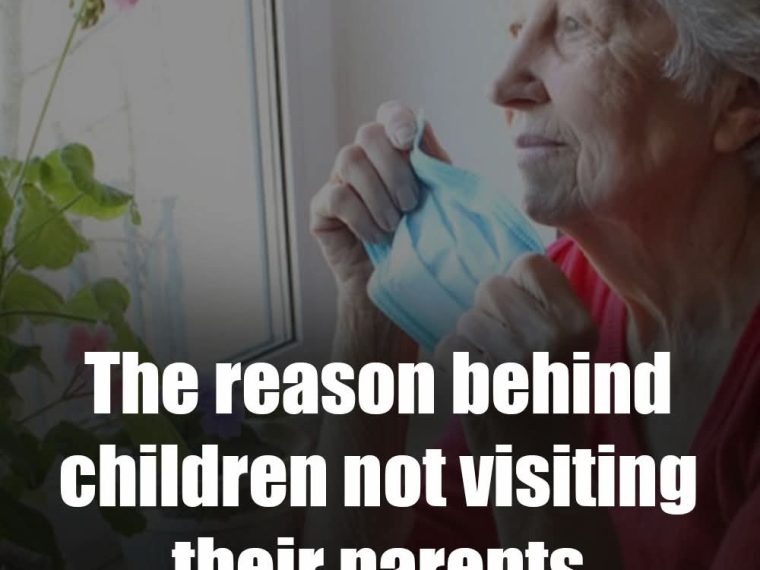The relationship between parents and children is one of the deepest and most meaningful connections in a person’s life. However, in some families, the painful situation may arise in which children do not visit their parents as often as expected.
This phenomenon can be disconcerting and painful for both parents and children. In this article, we will explore the possible reasons behind this situation and how to address it in a supportive and constructive manner.
Changes in Family Dynamics
One of the most influential factors that can lead to children not visiting their parents frequently is a change in family dynamics. As children grow older, they establish their own lives, commitments, and responsibilities.
They may marry, have children, and develop demanding careers that limit their available time. These changes in family dynamics can lead to children having less time to visit their parents and maintain the same closeness they enjoyed in their childhood.
Geographic Distance and Personal Commitments
In many cases, geographic distance can be a determining factor in the frequency of visits with parents.
If children live far from their parents, visits are naturally less frequent due to logistics and the time required to travel.
In addition, personal commitments, such as work, school, and family responsibilities, can also limit availability to visit parents.
Unresolved Conflicts and Difficulties
Unresolved conflicts and difficulties in the parent-child relationship can be an underlying reason why children do not visit their parents. Disagreements, misunderstandings, or past emotional wounds can create resentment or a sense of discomfort that causes children to avoid visits. In some cases, it may be necessary to address these issues openly and honestly to reestablish a healthier connection.
Lack of Communication and Clear Expectations
A lack of communication and clear expectations can also contribute to children not visiting their parents regularly. Sometimes, parents may assume their children know they are welcome at any time, while the children may feel unsure about when it is appropriate to visit. Establishing open and transparent communication about both parties’ expectations and wishes can help resolve this issue.
How can parents address the situation if their children are not visiting?

If parents feel their children are not visiting as often as they would like, it is important to approach the situation with empathy and understanding.
Starting an open and honest conversation can help understand the reasons behind the lack of visits and work together to find solutions.
What can children do if they are not visiting their parents due to unresolved conflicts?
If unresolved conflicts are the reason behind the lack of visits, the children may consider seeking professional help, such as family therapy, to address and resolve the underlying issues.
Open communication and a willingness to forgive and heal are also essential in this process.
Is it normal for children to not visit their parents as often as adults?
Yes, it is normal for the frequency of visits to parents to change as children grow and establish their own lives.
However, maintaining an emotional connection and finding ways to stay in touch is important for maintaining a healthy relationship.
The situation in which children do not visit their parents as often as they would like can be complex and challenging for both parties. Changes in family dynamics, geographical distance, unresolved conflicts, and lack of communication can all contribute to this situation.
It is essential to address these issues with empathy, understanding, and open communication. Maintaining an emotional connection and seeking joint solutions can help maintain a healthy and meaningful relationship between parents and children, despite the challenges that may arise in adulthood.





